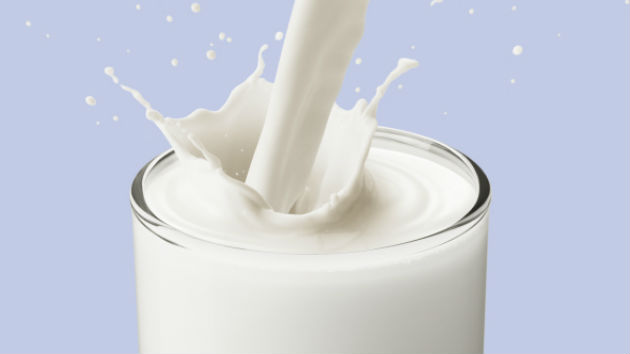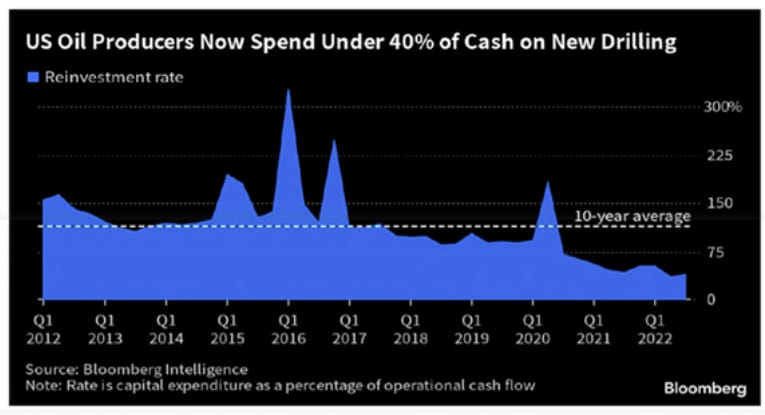
Should you take vitamin D? Here’s the science
Nutritional science is supposed to chart a course to our healthier selves. But contradictory scientific results and interpretations can muddy the waters — and few nutrients have recently demonstrated that more clearly than vitamin D.
At one point, it seemed that everyone should be taking vitamin D supplements, and that doing so would protect against a whole host of maladies, from bone problems to heart disease and cancer. More recently, new studies appear to have debunked many of those claims.
But a closer look at the research reveals a more nuanced message around vitamin D supplements: They can be key to correcting deficiencies, though people who already have enough — which is most of the American public — are generally unlikely to see benefits from taking large doses. Experts have come to worry about supplement enthusiasts overdosing in the belief that more is better or, at the other extreme, some nutrient-deprived people shunning them altogether.
Ultimately, says Roger Bouillon, an endocrinologist at KU Leuven in Belgium, “it’s like for most things. You need an optimal amount: not too little, not too much.”




















